Lottie Awards 2025 is live! Click here to view the winners including the UK’s Top 100 care homes!
Lottie Awards 2025 is live! Click here to view the winners including the UK’s Top 100 care homes!
Our elderly care guides provide comprehensive advice surrounding all areas of elderly living and care, including the different types of care homes and common care alternatives, how best to care for an elderly loved one, how to find and choose a care home, care needs assessments, what to take when moving into a care home and much, much more.
When moving into a care home or similar care facility, our friendly team of care experts can support you or your loved one every step of the way on this journey.

Click here for a checklist of questions to ask when viewing a care home. Our checklist will guide you through the process so you can make a confident choice.

Discover 11 of the UK's best care homes for rehabilitation. These homes support people to recover and regain independence following an operation or illness.

Here are the different options for care homes and home care, advantages, other key considerations, and the cost of both, to help you choose the right option.

Discover care homes offering support for people living with Parkinson’s disease here. We've also explained how these homes look after people with Parkinson's.

Discover invaluable information for care seekers, including the average age people go into care homes, and how to know the right time to enter a care home.

This article explains whether you’re eligible for six weeks of free intermediate care after a hospital stay, how intermediate care works and what happens after.

When moving from one care home to another in a different country or local authority, funding rules can change. We've explained what happens when moving.

There are lots of people and organisations you should tell when entering care. We've put together a list of who to inform when moving into a care home.

From April 2024, the Carer’s Leave Act will come into effect, meaning employees who provide long-term care can get up to one week’s unpaid leave per year.

In a luxury care home, your loved one will enjoy a stylish setting and state-of-the-art facilities. We’ve gathered 11 of the best luxury care homes in the UK.

There are numerous types of care to choose from. We've explained the different care homes and home care options for older adults, along with alternatives.

A care needs assessment works out what kind of care you or your loved one requires. Here, we’ve explained how to arrange an assessment and what it involves.

Here's our guide to help you choose a care home, including questions to ask when viewing a care home and the steps you should take to make your decision.

Living in a care home with a wonderful garden will benefit your loved one’s wellbeing. That’s why we’ve rounded up the UK's best care homes with gardens!

Through adult day care, you'll take part in meaningful activities within comfortable surroundings. Here's how you can use our service to find a day care centre.

The Care Inspectorate Wales is the regulator of social care (including care homes) and childcare in Wales. Learn more about the services they regulate here.

We’ve highlighted some of the most promising care homes that have recently opened or are due to open at some point in 2025, including when they'll be opening.

Social care supports disadvantaged adults, older adults or children. Social care can include things like personal care, social work and emotional support.

A Disabled Facilities Grant ensures the needs of disabled people are met in their day-to-day home life. These grants are available throughout most of the UK.

There are 5 stages of palliative care that can take place over several years. Understanding each stage will help you decide how to best put care into place.

Person-centred care is about making sure people who use care services are at the centre of everything, with their individual circumstances considered.

If you care for someone, a carer’s assessment looks at what help can make life easier. This assessment is for carers of people who are disabled, ill or elderly.
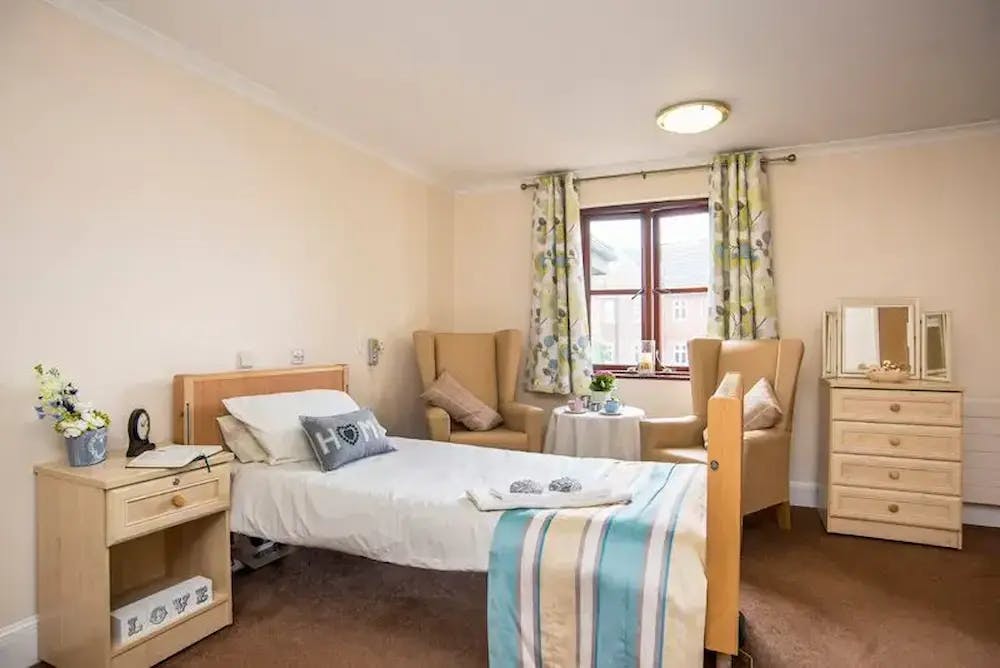
Sometimes, a person can leave the hospital but isn't well enough to go home. Instead, they may enter a nursing care home through a Discharge to Assess pathway.

Postoperative care is the care that you receive after a surgical procedure. We've explained what postoperative care at home and in the hospital is.

Companionship care services provide support for those who can still live independently within their own homes, but could do with some extra social interaction.

Palliative care offers support to people with a terminal illness. This type of personalised care aims to make people feel supported and comfortable.
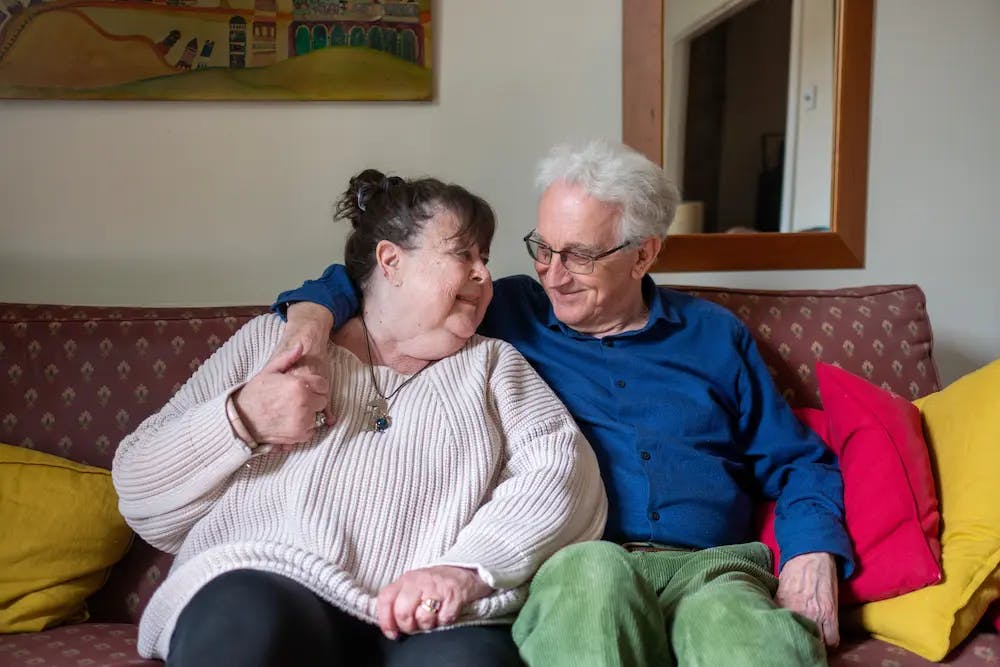
Convalescent care is for people recovering from an illness or injury, or after having had an operation. Personal care and help with daily tasks are given.
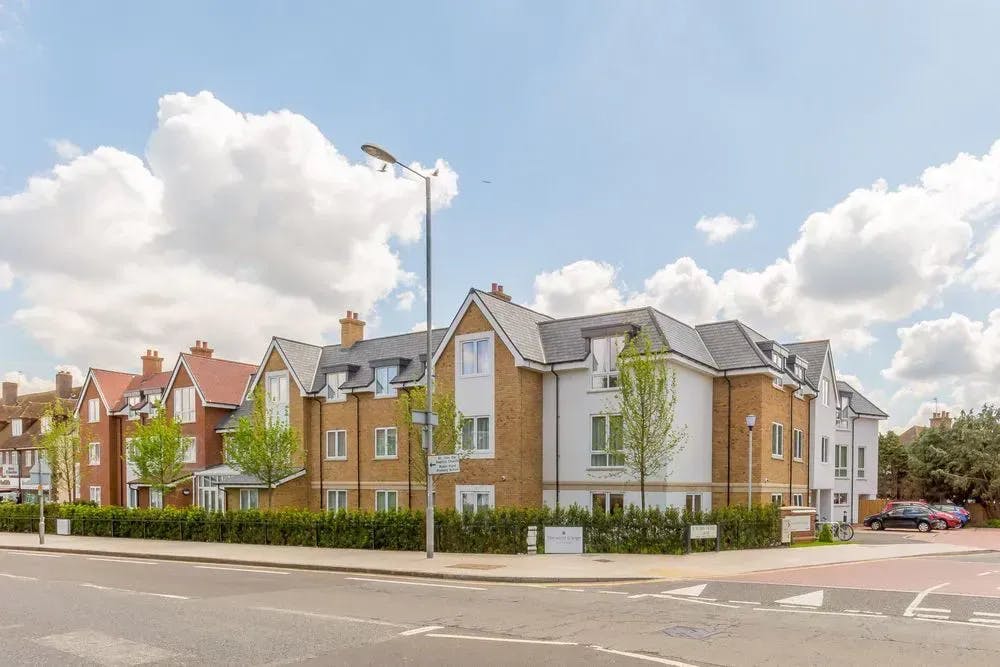
There are around 564,000 care home beds across 17,600 care homes in the United Kingdom. A large number of these homes sit within care home groups/providers.

We have a range of care homes for people with mental health conditions. Here, we’ve highlighted nine of the best care homes for mental health in the UK.

The Care Inspectorate regulates and inspects Scottish care services to ensure they’re up to scratch. Learn more about the Care Inspectorate here.

Care homes for young adults can support various needs, including physical and learning disabilities. Here are nine of the best care homes for young adults.

Many homes across the UK offer care for couples so they can stay together. We've highlighted 10 of the very best care homes for couples in the UK.

Only 3.5% of care homes in England are rated as ‘Outstanding’ by the Care Quality Commission. Here are 12 amazing 'Outstanding' rated care homes in England.

Many residential and nursing care homes across the UK welcome people with various learning disabilities. Here are eight Lottie learning disability homes.

EMI stands for Elderly Mentally Infirm and refers to care home residents with Alzheimer's and other forms of dementia. EMI units offer specialist care.

Personal care refers to any personal form of support and includes tasks that are essential for daily living like bathing, getting dressed and preparing meals.

Advocates in health and social care will support you through complex processes, including arranging a needs assessment and organising your personal budget.

To ensure care providers offer an excellent level of support, the NHS introduced the six C’s of care. Learn more about these and why they're important here.

The Care Quality Commission (CQC) is England’s independent regulator of health and social care. The CQC ensures excellent care is provided to residents.

Independence is key to helping the elderly maintain a good quality of life. It’s crucial then that care services are able to promote independence in care.
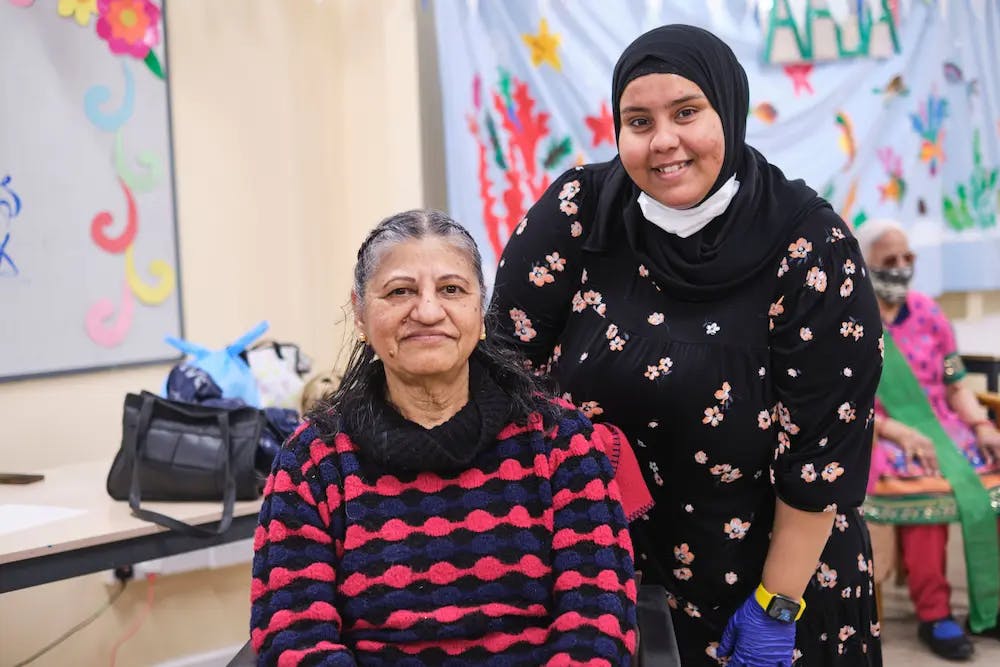
Whether you’ve been looking after a family member for a while now or you’re just starting out, our article will explain how best to care for your loved one.
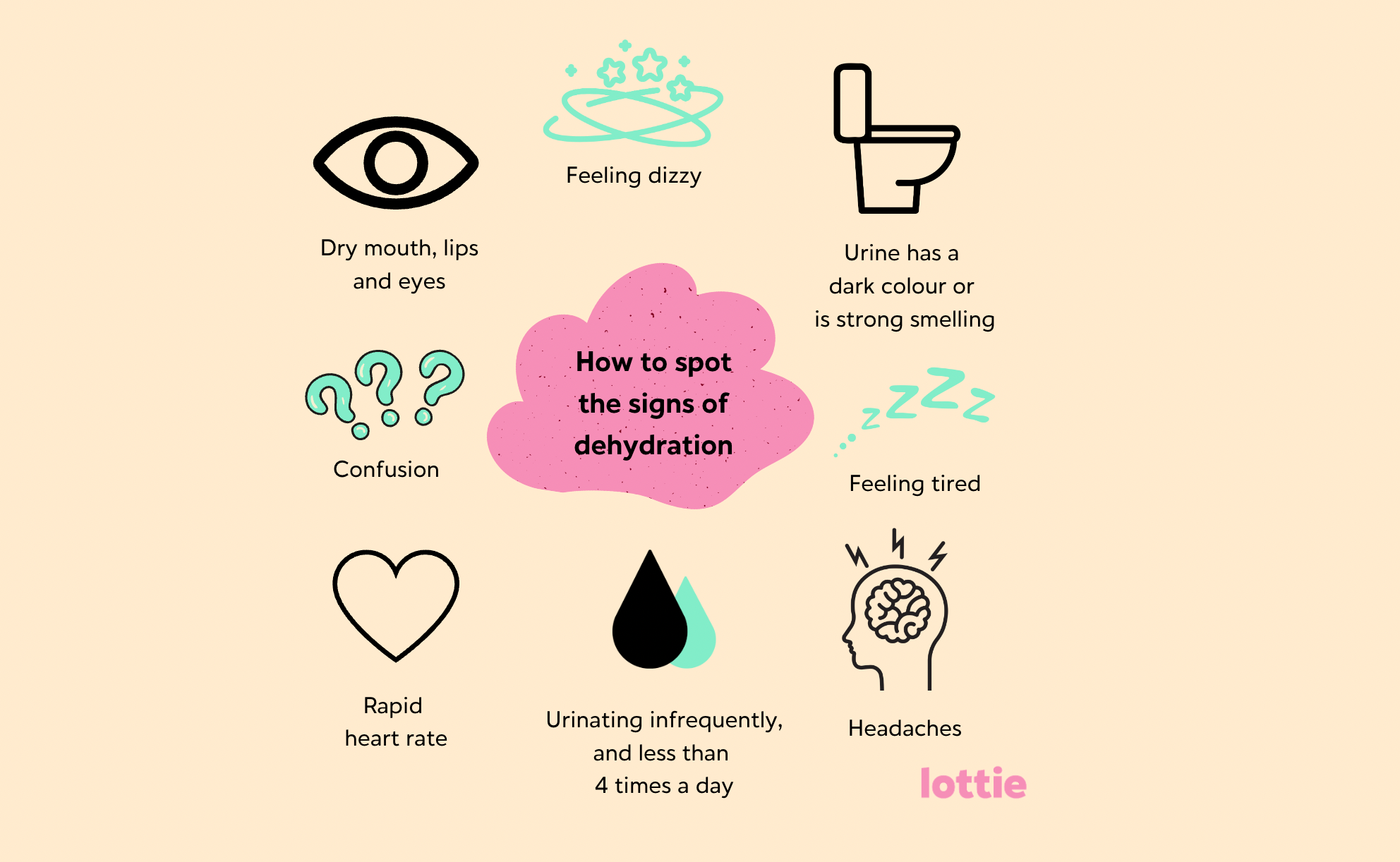
As we get older, our ability to deal with hot weather diminishes. When looking after an elderly loved one, you should know the symptoms of dehydration.

Care homes can improve the health and wellbeing of their residents through meaningful activities that improve quality of life and provide structure.

Social services will create an elderly care package that lists the care and support required to meet your needs. This package will be part of a care plan.

Respite care is a short-term solution where a different carer takes over your responsibilities. Learn about emergency respite care and taking a break from care.

Warm weather is a chance for many to enjoy the outdoors. Spending time outdoors can be valuable for health. However, too much heat poses a risk to the elderly.
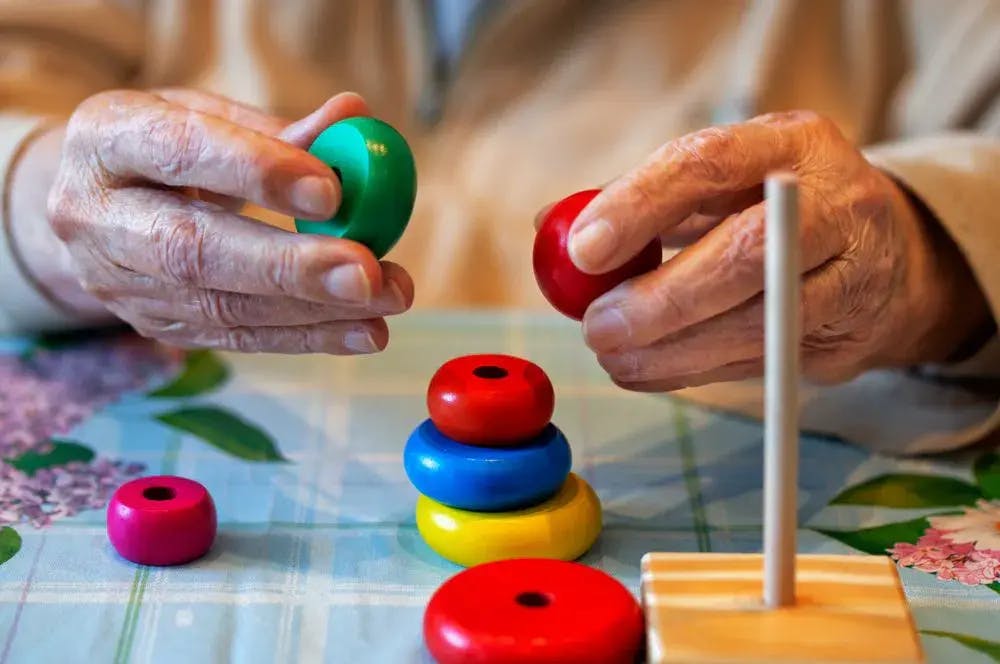
Memory care provides housing and 24/7 care for those living with Alzheimer’s and other forms of dementia. Learn what memory care is and its benefits.
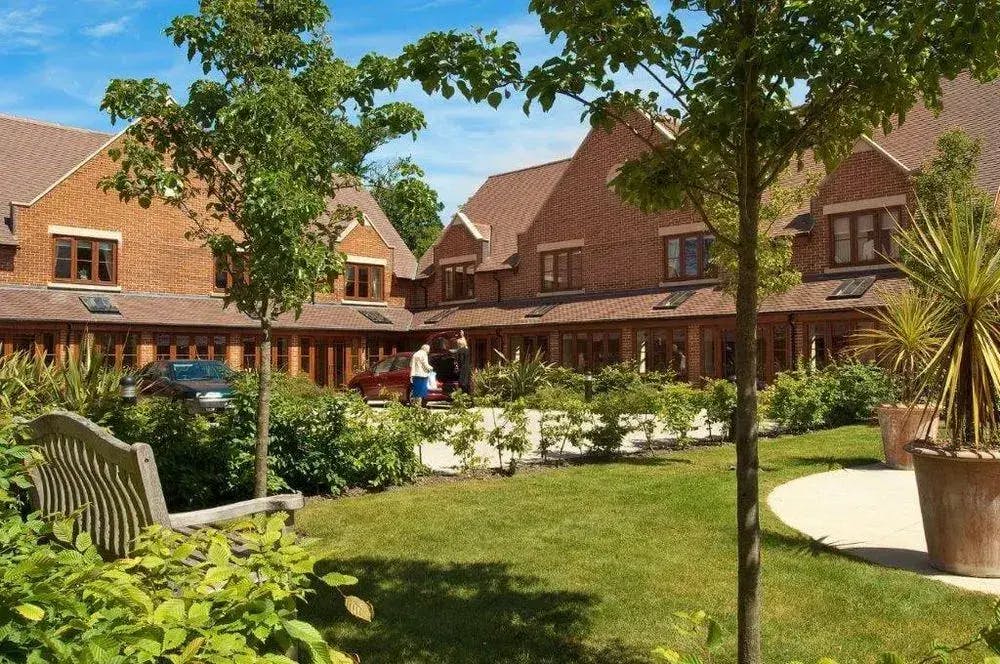
We’ve explained what a care home is and the different types, how to choose a care home, how much they cost and what they're like to live in.
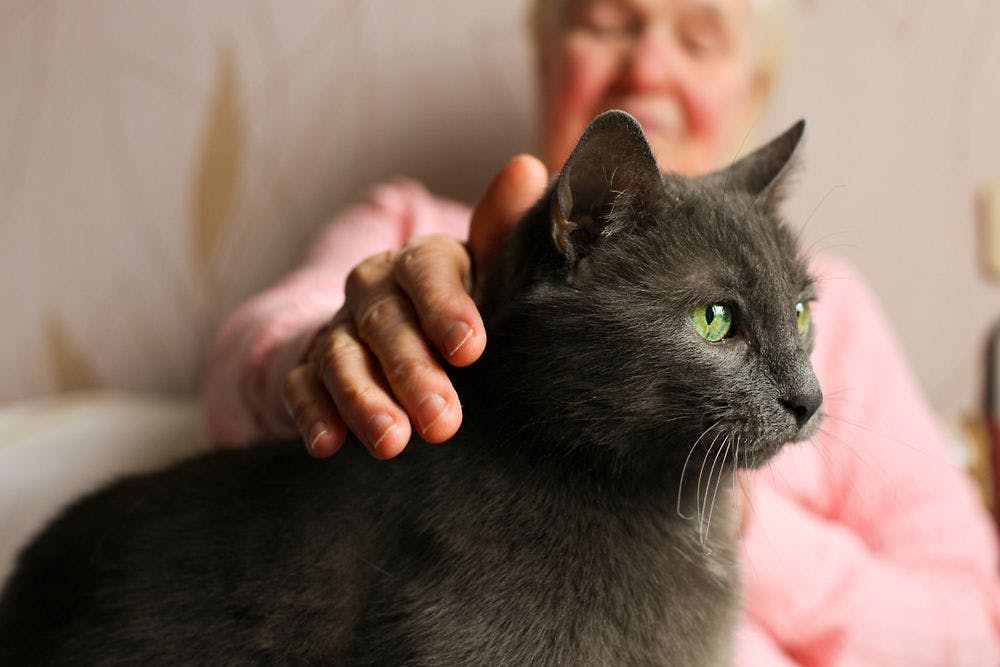
In this article, we’ve looked at whether or not you can take pets into a care home, the benefits of pets for elderly people and how to find a pet-friendly home.

From home furnishings to your favourite music, there are endless ways to make your care home room feel cosy and familiar. Here are our top tips.

We've taken a look at what happens to your state pension when you enter a care home, along with other benefits that you may receive.

Also known as extra-care housing, assisted living allows you to remain independent whilst receiving various levels of personal care.

In a care home, the term 'dignity' is one that often crops up. But do we understand the true meaning of dignity in care?
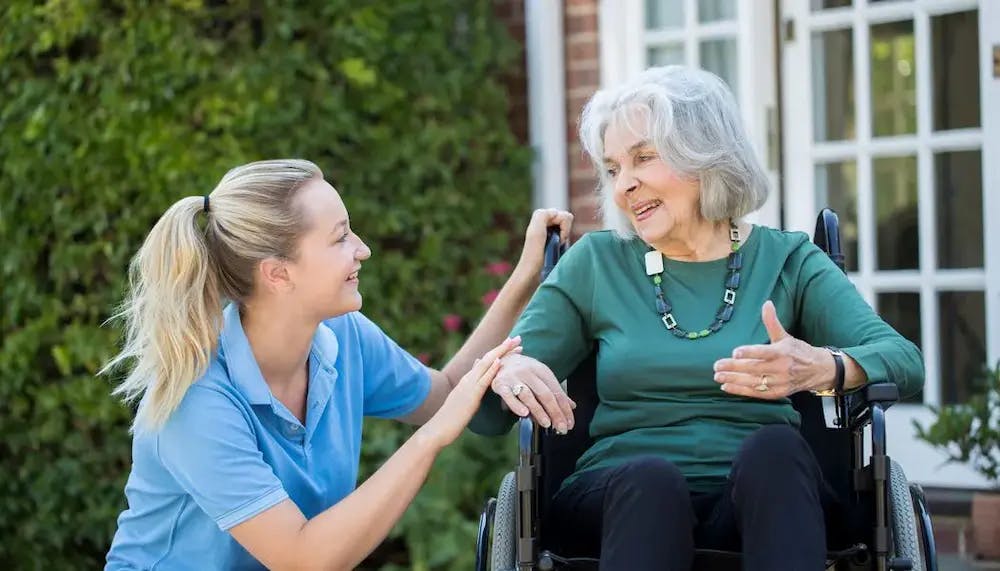
Being a care assistant in a care home involves a wide range of tasks and responsibilities. It's a challenging yet extremely rewarding job. Learn more here.
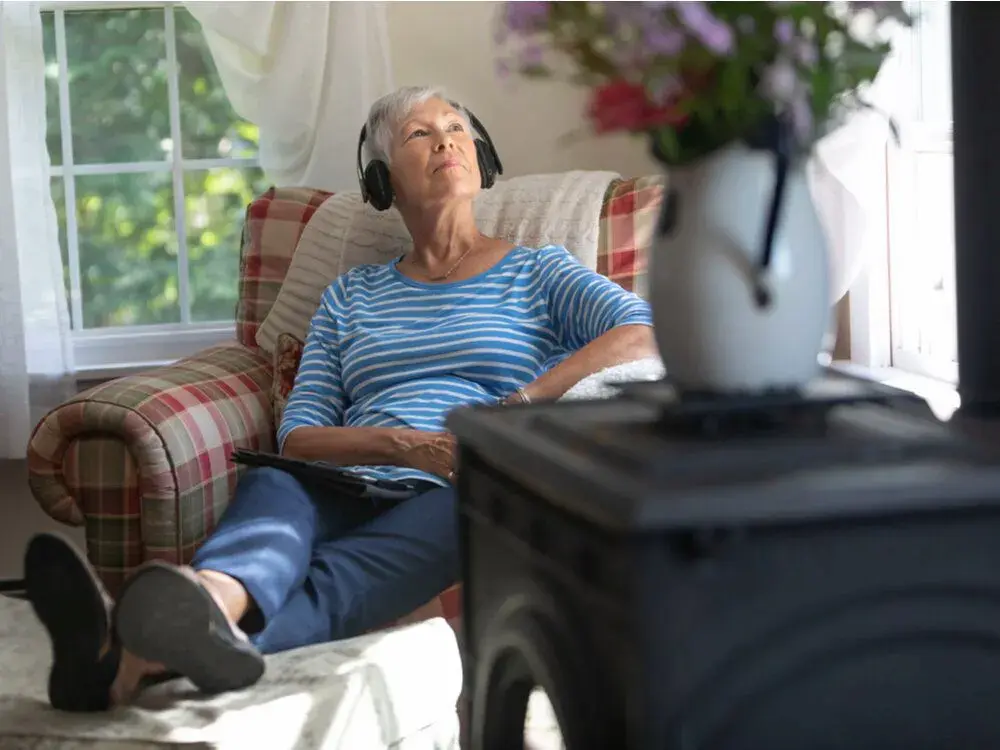
We've explored independent living and how it can help older or disabled people to live full and free lives.

Care home managers are responsible for running a care home in accordance with laws and regulations, including that of the Care Quality Commission.

While we hope you never find cause to complain about your care home experience, it's best to be prepared if you do need to make a complaint. Learn more here.

Though care homes have an old-fashioned reputation, the reality has left this stereotype in the dust. Here's a flavour of what living in a care home is like.
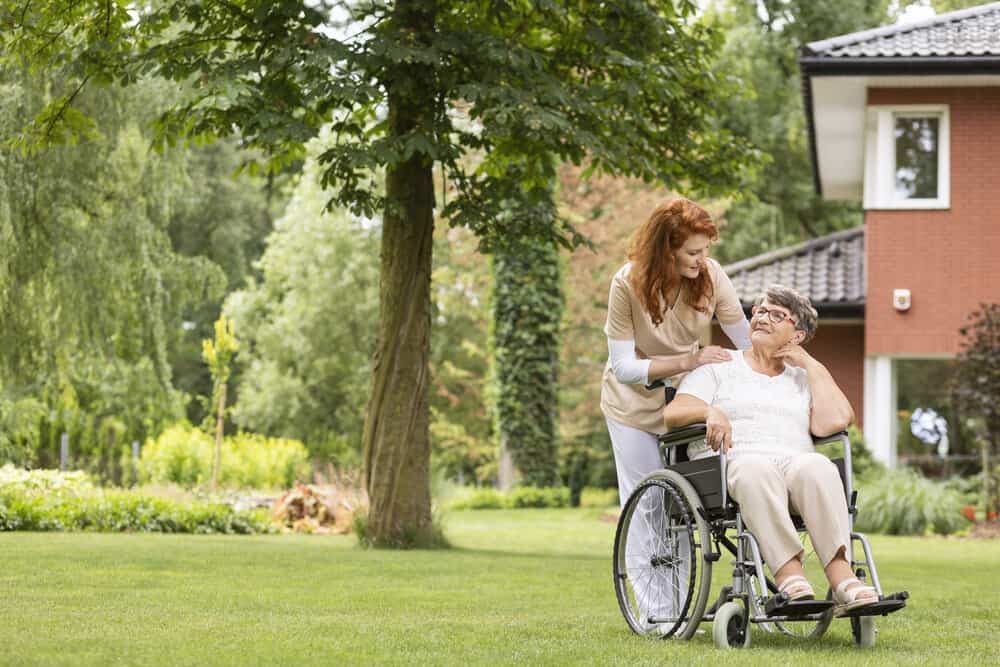
There are several types of care homes, including privately owned, council-owned and charity-run care homes. We've explained the types of care home ownership.

Your loved one going into a care home can be a difficult experience for all involved. This article offers advice on every step of the process.

How do TV licences work in a care home and do you need to get one? Check out our guide to TV licences in a care home and get all the information you'll need.

It's not uncommon for people to move into a care home and find themselves feeling unhappy in their new surroundings. Learn about changing care homes here.

Things tend to go smoother in life when you have a plan - and your elderly care is no exception. Care plans highlight the level of support a person requires.

While care homes and nursing homes seem similar at first glance, there are several key differences. One will likely be better placed to meet your care needs.

A good care home will have several types of employees; from front-of-house staff to caterers, nurses, care workers, activity coordinators and managers.